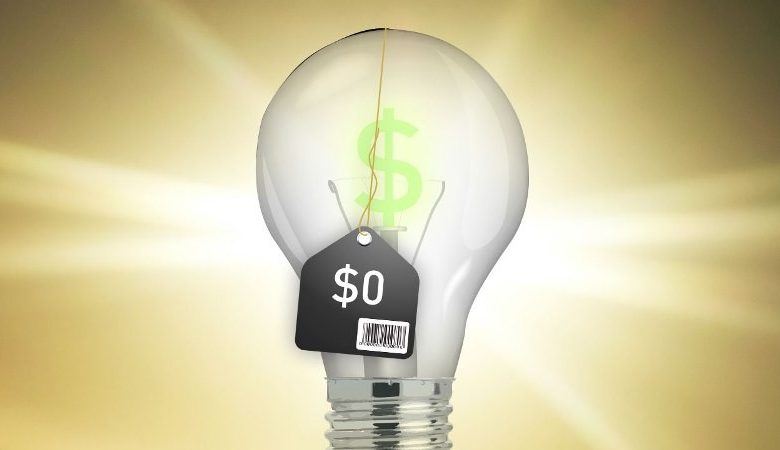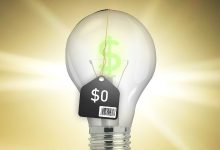
Key Takeaways:
- Understand the significant factors contributing to high electricity bills.
- Tips on how to reduce energy consumption at home.
- How to leverage technology and habits for a more energy-efficient household.
Factors Contributing to High Electricity Bills
Understanding what drives your electricity bill higher is essential. Factors such as the size of your home, the number of occupants, and the type of appliances you use can significantly impact your monthly bill. Seasonal changes and geographic location can also affect fluctuating energy costs. For example, the average electric bill in Texas can vary significantly from other states due to these variables.
Furthermore, lifestyle habits and your household’s energy use efficiency are crucial determinants. Identifying these factors allows you to target specific areas for improvement, leading to potential savings. For instance, if you have a more enormous household, the cumulative energy consumption will be higher. Similarly, if you live in a region with extreme temperatures, the demand for cooling in summer or heating in winter can spike your electricity usage.
Old or poorly maintained appliances can also contribute to higher energy consumption, as they are less efficient. Investing in energy-efficient appliances and implementing smart home technologies can significantly reduce electricity usage. Another contributing factor is the time of day when electricity is used; peak hours typically come with higher rates. By shifting energy-intensive tasks to off-peak times, you can lower your bill. Additionally, ensuring your home is well-insulated can prevent energy loss, keeping your heating and cooling systems from working overtime.
Invest in Energy-Efficient Appliances
Utilizing energy-efficient appliances can significantly reduce your energy consumption. Look for certified products that meet strict energy efficiency guidelines. Upgrading older appliances to newer, more efficient models can result in substantial savings over time. For instance, replacing an old refrigerator with an Energy Star model can save up to 15% on electricity costs.
It’s not just refrigerators that can make a difference; energy-efficient washing machines, dishwashers, and even light bulbs can. For example, LED bulbs use up to 80% less energy than traditional incandescent bulbs. These savings can accumulate over a few months, slashing your electricity bill considerably. Making a checklist of all the energy-draining appliances at home and gradually replacing them with energy-efficient models is a smart way to manage energy consumption.
Using Smart Thermostats
Smart thermostats are an excellent investment for managing your home’s energy usage. By scheduling your heating and cooling systems according to your schedule, you can ensure that energy is used efficiently while you’re away from home. To maximize energy consumption, modern smart thermostats can learn your daily activities and automatically adjust the temperature.
By maintaining a more consistent temperature and adjusting the settings for when the house is empty, smart thermostats can help reduce overall energy usage, which translates into savings on your electricity bill. Additionally, many smart thermostats come with insightful reports that show your energy usage patterns, helping you understand more about your consumption habits. These insights can be invaluable for identifying further opportunities to save energy.
Addressing Electrical Leakage and Insulation
Electrical leakage and poor insulation can cause significant energy wastage. Regularly check for leaks around windows and doors, and consider adding or upgrading insulation in your home. Sealing leaks and improving insulation can help maintain a consistent indoor temperature, reducing the demand for your heating and cooling systems.
Proper insulation reduces energy consumption and enhances comfort by preventing drafts and maintaining a consistent indoor environment. This is especially important in regions with extreme climates. A well-insulated attic, for instance, enables you to maintain a warmer winter and a more relaxed summertime house, alleviating the need for excessive HVAC system use. Simple solutions like weather stripping around doors and windows or blackout curtains can contribute to better insulation.
Optimize Your Time-of-Use
Many energy providers offer time-of-use (TOU) plans that charge different rates depending on the time of day. You can use lower rates by running high-energy appliances during off-peak hours. This approach requires some planning but can lead to noticeable savings on your energy bill.
For example, you can substantially cut costs by charging electric vehicles at off-peak hours or at night or using your dishwasher or washing machine. Keeping an eye on your energy provider’s peak times can help you adjust your energy usage accordingly. Many intelligent appliances now offer features that allow delayed start times, making running them automatically during these low-cost periods easier.
Adopting Renewable Energy Solutions
In the long run, moving to sustainable energy, such as solar panels, can significantly reduce your electricity expenditures. Rebates and incentives may be able to offset the sizeable initial expenditure partially. In addition, producing your energy can help you become less dependent on the grid and even produce extra energy that you can sell back to your energy supplier.
Solar energy has become more widely available and reasonably priced, particularly in recent years. Embracing renewable energy helps reduce your electricity bill and contributes positively to the environment by decreasing carbon emissions. It’s essential to research and understand the various incentives available in your region, as these can significantly offset installation costs and make the transition more economically viable.
Changing Daily Habits for Better Efficiency
Make minor adjustments to your daily schedule to save substantial energy. Easy steps like utilizing energy-efficient light bulbs, unplugging unused electronics, and turning off lights when not in use can significantly impact. Educating your household about energy-efficient practices ensures everyone contributes to reducing energy consumption.
Further, adopting habits like air-drying clothes, using cold water for washing, and setting computers and devices to energy-saving modes can collectively lead to noticeable savings on your electricity bill. For instance, air-drying clothes eliminates the energy used by dryers, and using cold water can be just as effective for cleaning while using less electricity. These minor adjustments to daily routines reinforce a culture of energy awareness and sustainability.

